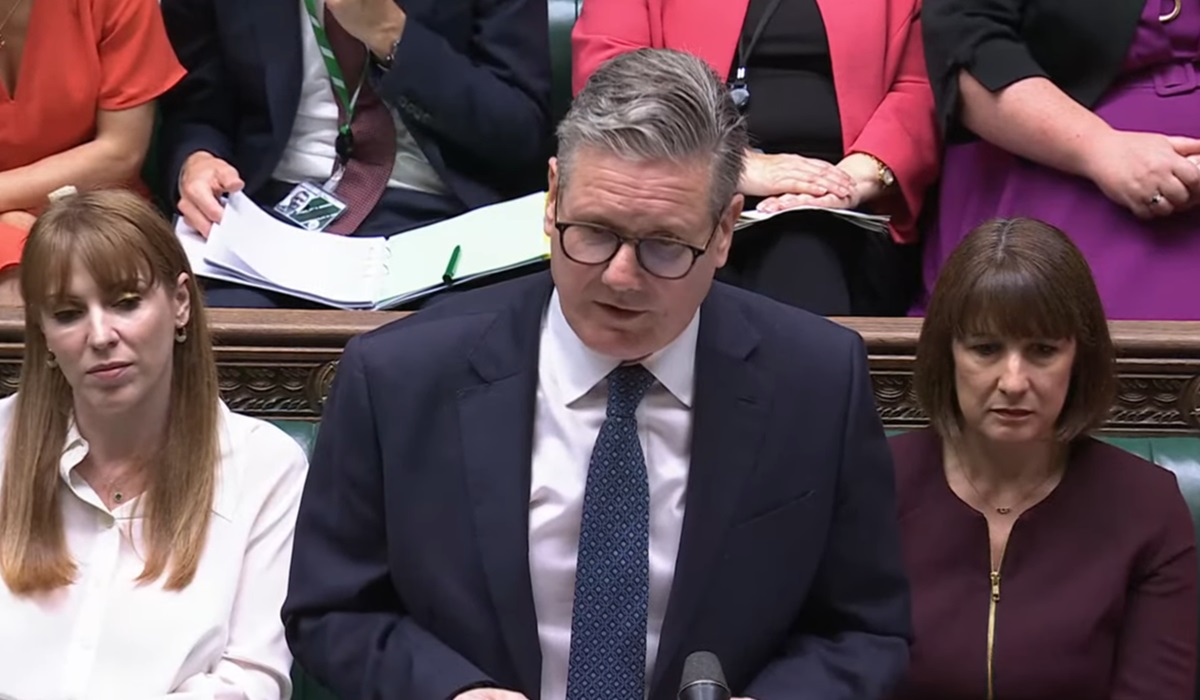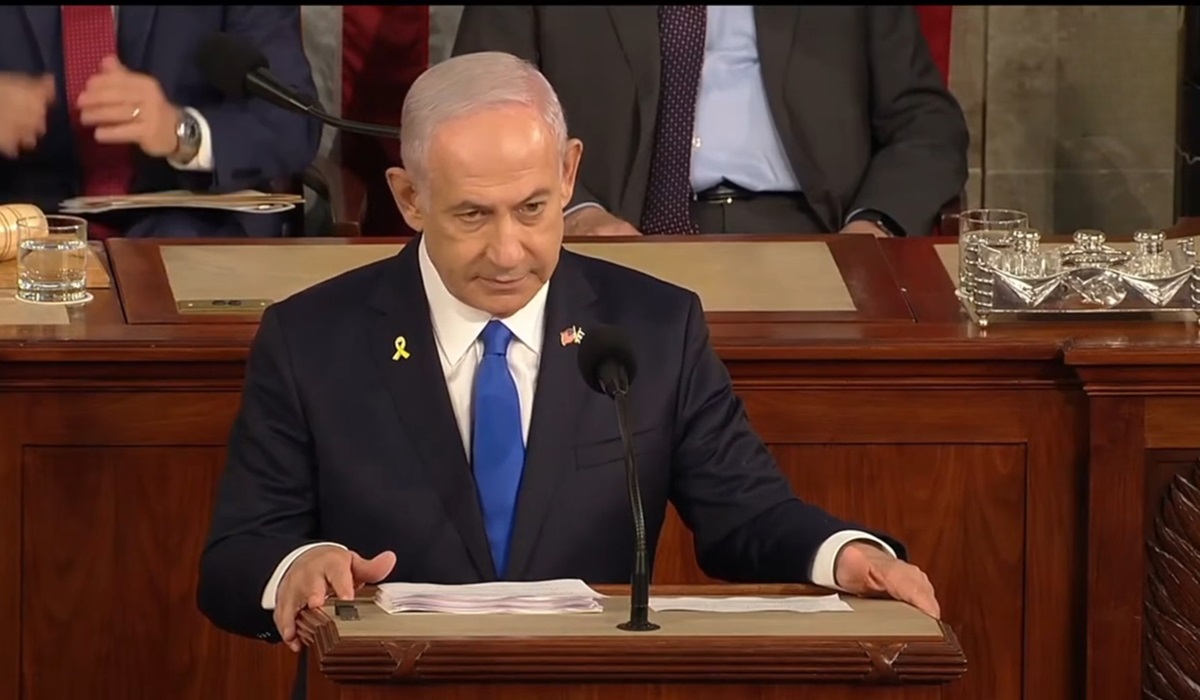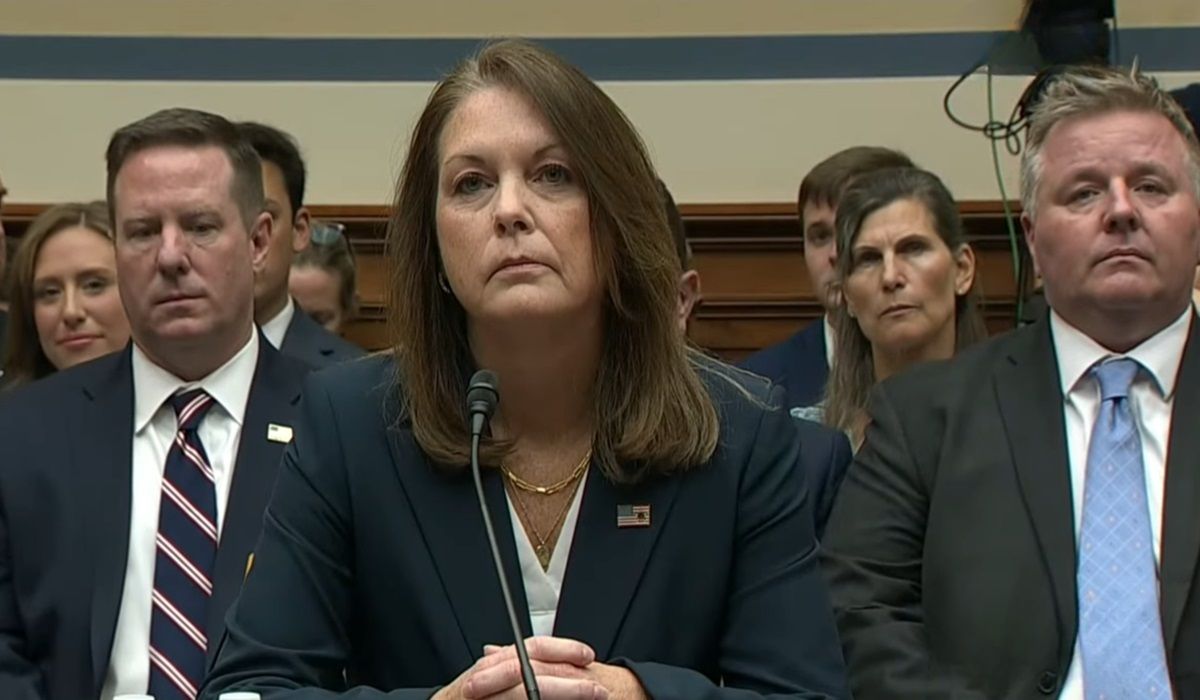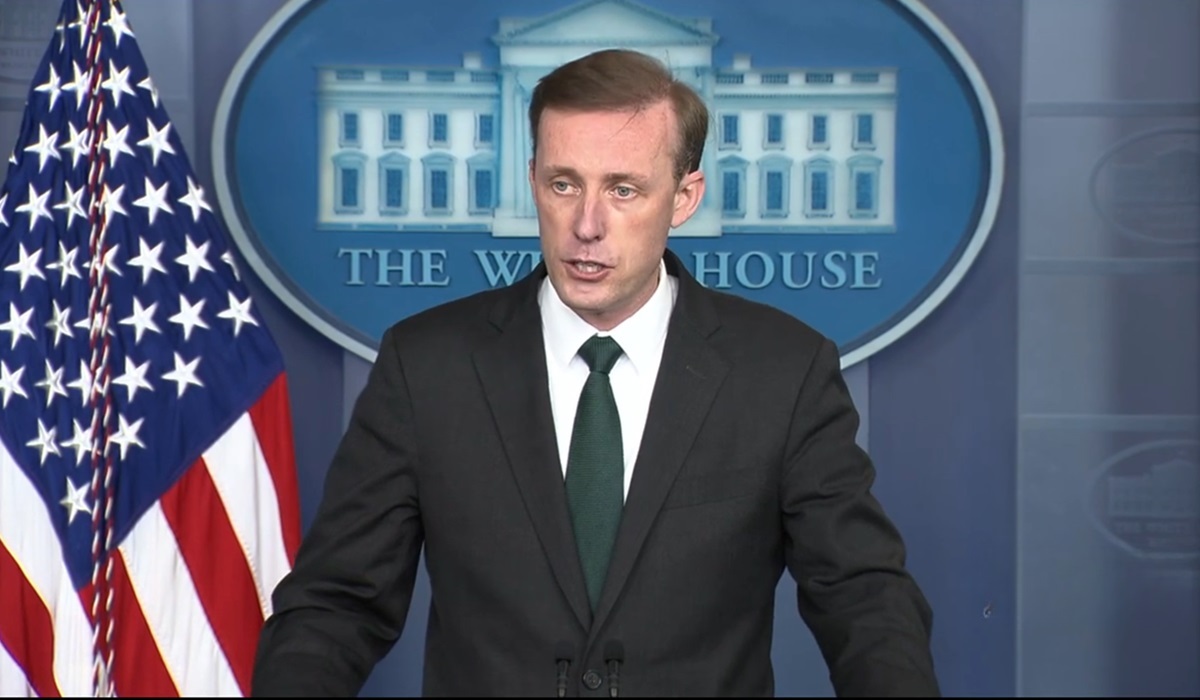Misinformation or Facts: The Role Twitter Ads Play in Shaping the 2024 Election Narratives
- TDS News
- Breaking News
- U.S.A
- September 7, 2023

As Twitter braces itself for the imminent electoral season, with the spotlight firmly fixed on the 2024 primaries and elections, the appointment of Linda Yaccarino as the new CEO takes center stage. Her arrival is seen as a strategic move aimed at financial growth and addressing long-standing concerns surrounding Twitter’s role in elections.
One of the driving forces behind this shift is Twitter’s desire to regain public trust and ensure a safe electoral environment.
Under previous ownership, Twitter became a notorious breeding ground for hateful and divisive content. Regardless of their affiliations, politicians leveraged the platform as a weapon of mass destruction, using it effectively to further their agendas. In an era where minds are susceptible to manipulation and easily triggered by inflammatory rhetoric, Twitter served as a digital battleground with devastating consequences during election periods. Citizens expressed legitimate concerns about the platform’s contribution to polarizing and harmful discourse during election cycles.
The lives of ordinary citizens were often disrupted, and the integrity of the electoral process was compromised. While profit is a driving force for corporations, Twitter’s decision to reinstate political advertising cannot be devoid of the social responsibility it bears.
Another thorny issue that Twitter grapples with is misinformation. The platform’s previous owners allowed misinformation to proliferate; many saw it as unchecked. Politicians exploited the information vacuum locally and globally, spreading false narratives and disinformation. Twitter’s role in perpetuating misinformation during critical historical moments cannot be underestimated.
While corporations exist to make money, Twitter’s decision to reintroduce political advertising represents a critical test of its values. It must balance the financial interests of its private shareholders with its responsibility to users, supporters, organizations, labor unions, and political candidates. This is not a matter of partisanship; it’s a matter of social responsibility.
Twitter’s political advertisements are essential to its bottom line and underscore its determination to remain a relevant and influential player in the political landscape. It recognizes that political campaigns rely heavily on social media platforms to reach their audiences effectively in the digital age. The 2024 elections are expected to be highly competitive and emotionally charged, making Twitter’s role even more significant.
As the 2024 elections approach, the world will closely monitor Twitter’s actions and assess whether it can successfully navigate the complex terrain of misinformation, hate speech, and election interference. While financial growth is undoubtedly a driving force, the platform’s commitment to fostering open and inclusive political dialogue in a responsible and transparent environment is equally crucial. Twitter’s role in shaping public discourse during this pivotal electoral period will ultimately define its impact on American politics.








